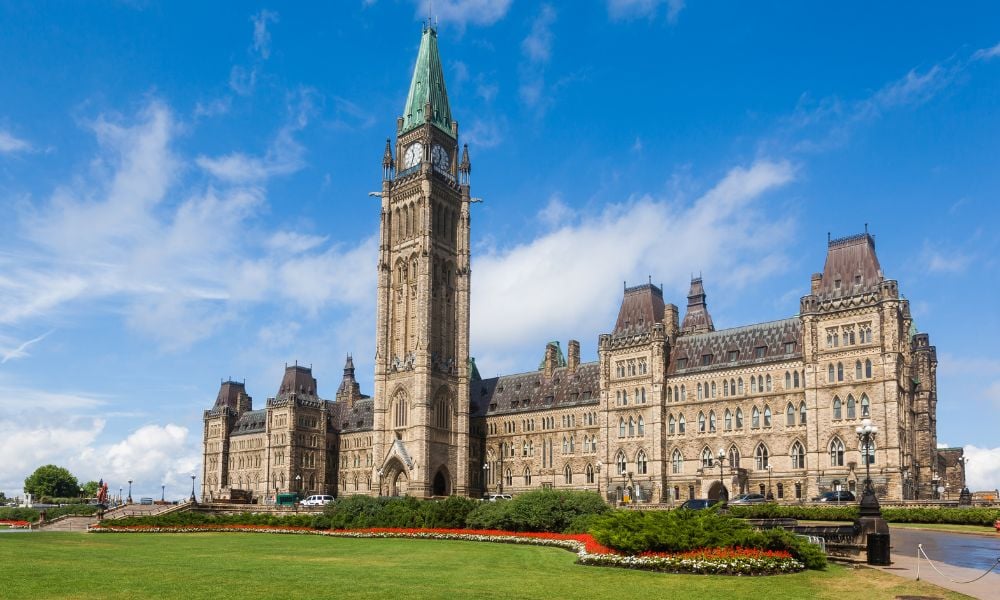While pay is most compelling reason to stay, other benefits becoming 'more significant' to employees

Health and retirement benefits have now reached their highest level of importance in a decade, according to a global survey.
Sixty per cent of employees cite their employer’s retirement benefits as an important reason they remain with their current company, a huge leap from just 41 per cent in 2010.
And nearly half of workers say their employer’s health care (48 per cent) and retirement (47 per cent) plans are important in their decision to join the company, significantly up from 32 per cent and 25 per cent, respectively in 2010, finds Willis Towers Watson (WTW).
“While employees still look at pay as the most compelling reason to stay or leave a company, health and retirement benefits have become a much more significant factor in their decision-making process,” says Monica Martin, senior director for retirement, WTW.
“In this tight labour market, organizations that understand the importance that employees place on these core benefits and that provide highly valued benefit programs can differentiate themselves in their effort to become an employer of choice.”
Nearly three-quarters (73 per cent) of 13- to 34-year-olds and 69 per cent of 35- to 44-year-olds in particular are prepared to leave their current employer for another that is offering what they consider to be better benefits, reports RBC Insurance.
Specific benefits
More than four in 10 (44 per cent) of employees want their employers to prioritize retirement benefits while 33 per cent want their bosses to do the same for health benefits, according to WTW.
Among those who want their employers to focus on retirement, 62 per cent are seeking a guaranteed retirement benefit, 58 per cent are looking for more generous retirement benefits and 53 per cent are interested in retiree medical benefits.
More than half (54 per cent) of Canadians 55 and older say they are delaying retirement because of increased costs, while 62 per cent have delayed retirement because they do not have enough savings or investment, according to a previous survey.
Of those who want health benefits, 46 per cent want a more generous healthcare plan, 42 per cent want health screenings and risk assessments to help them manage their health and 37 per cent prefer a more generous dental plan, according to WTW.
Over a quarter (27 per cent) of employees also rank help managing their emotional health as their top desired benefit. Among them, 53 per cent want mental health days to manage their emotional health, 40 per cent want stress and resilience management support programs and 39 per cent want a more generous coverage for mental health services and medication.
While fewer Canadians submitted prescription drug claims in 2021, there was a noticeable increase in the number of claims for mental health-related medications during the second year of the pandemic, according to a previous study.
The number of workers willing to lose some cash in exchange for benefits is also growing. Nearly six in 10 (59 per cent) would pay more for a larger, more generous retirement benefit. This is up from 54 per cent in 2020. Also, 46 per cent would forego more pay for a more generous healthcare plan, up from 36 per cent in 2020.




